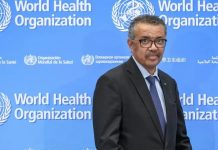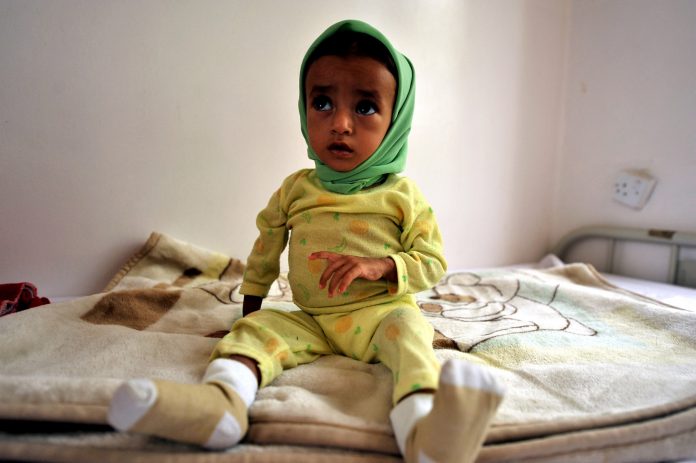Yemen has topped an annual watchlist of countries most likely to face humanitarian catastrophe in 2020, for the second year running.
Continued fighting, economic collapse and weak governance mean that more than 24 million Yemenis – about 80% of the population – will be in need of humanitarian assistance this year, according to analysis by the International Rescue Committee (IRC), which found that another five years of conflict could cost $29bn (£22bn).
“2019 was a devastating year for civilians caught in crisis worldwide,” said IRC president and CEO David Miliband.
“Across the globe, the scale of need in 2020 is … likely to stretch resources beyond their limit. It’s vital that we do not abandon these countries when they need us most, and that governments around the world step up funding to these anticipated crises before more lives are lost – and the bill for humanitarian catastrophe rises.”
Funding for humanitarian assistance is of grave concern, the IRC said. Although the top 10 nations on the watchlist produced nearly three-quarters of the world’s refugees and more than half of those in need, their appeals for humanitarian assistance in 2019 were, on average, underfunded by nearly 40%.
Restrictions on humanitarian access are a major impediment to meeting growing needs in 2020, outside agencies have warned. According to independent humanitarian needs specialists ACAPS, there are “very high” or “extreme” obstacles to humanitarian access in all of the top five countries and in 14 of the 20 watchlist countries.
Miliband called on the international community to act “before more lives are lost”.
“As humanitarians, we can prevent the dying, but it takes politics to stop the killing,” he said.
“But to truly address these challenges, it is vital that the international community, led by the UN security council members, take long-term approaches, re-engage their diplomatic muscle to prevent and resolve conflict and reinvigorate their support of international humanitarian law and accountability for those who violate it.
“Otherwise, the consequences of these humanitarian crises – massive displacement, women and girls at risk of violence, widespread hunger, demolished health systems, a lost generation of children with no chance of education – offer no hope of abating.”























